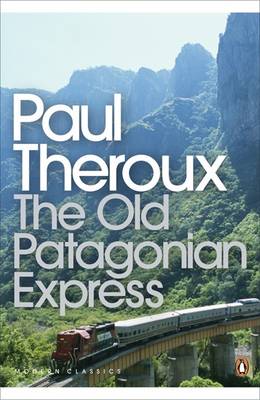It is not the first play people think of when they think of Shakespeare; probably closer to 32nd or 33rd. As a dramatic work, it is deficient, especially when it gets to the home stretch.
But Timon Of Athens makes an impression, of unbridled contempt for humanity, society, womankind, even art, that gives this play a rare kind of charge and makes it a unique entry in the Bard’s canon.








